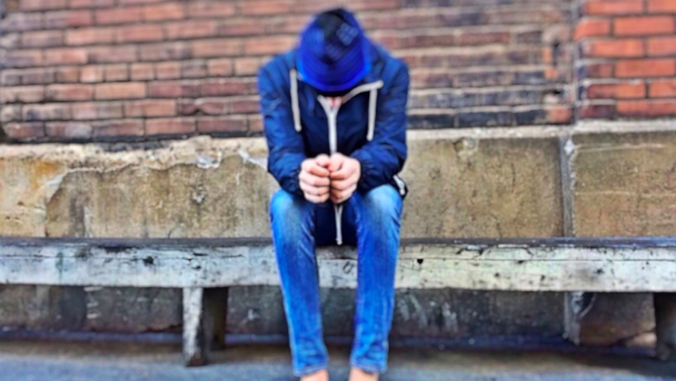
Children in foster care who experience homelessness before adulthood are significantly more likely to engage in unsafe sex or trade drug use for sex, resulting in an increased risk of being infected with HIV. Those findings were revealed in a recent AIDS and Behavior journal article by lead author Amanda Yoshioka-Maxwell, an assistant professor in the Myron B. Thompson School of Social Work at the University of Hawaiʻi at Mānoa.

Study results indicate that variables such as a foster child’s age, length of placement in foster care and time experiencing homelessness play important roles in whether health-risk behaviors are elevated. For example, long periods (more than 15 years) of foster care placement or experiencing homelessness before exiting foster care at 18 years of age may lead to more frequent risky health behaviors, such as not using condoms.
“Although these findings are only a start toward understanding the impact of foster care experiences on the lives of homeless youth, they suggest possible points of intervention within the child welfare system and among homeless services providers that may help in reducing health risks,” said Yoshioka-Maxwell, who came to UH Mānoa from the University of Southern California. “Better understanding the protective factors associated with exiting foster care at an older age—potentially including developmental milestones and independent living skills offered to older youth—could contribute to fostering positive transition outcomes.”
Data were collected from 184 youths at drop-in centers in Los Angeles using behavioral health questionnaires to explore the relationships between specific aspects of foster care experiences and engagement in HIV-risk behaviors.
Nearly 2 million unaccompanied youth experience homelessness in the U.S. each year, according to the National Alliance to End Homelessness. Approximately 30 percent of homeless adults report a foster care history, while only four percent of the general public report the same.
—By Theresa Kreif

